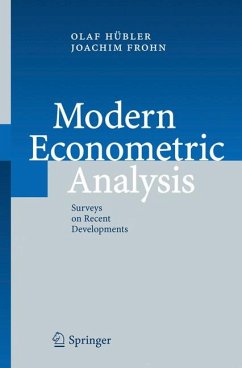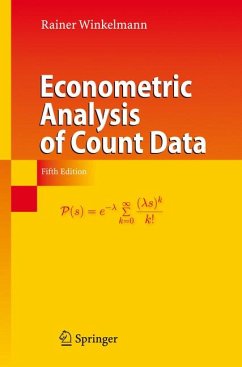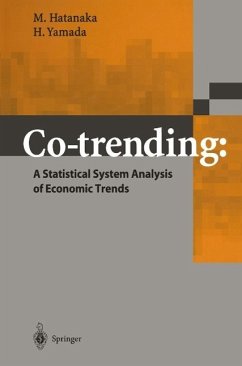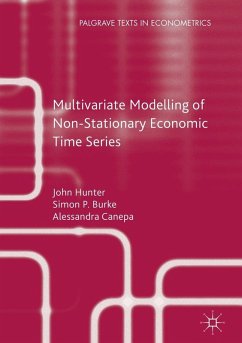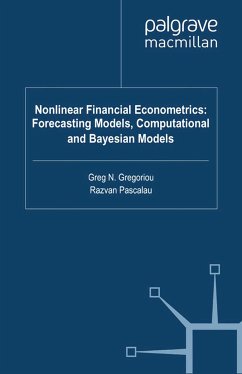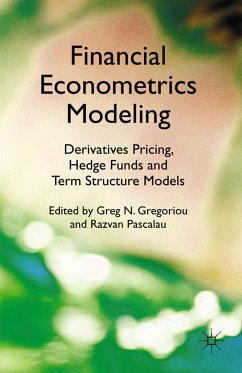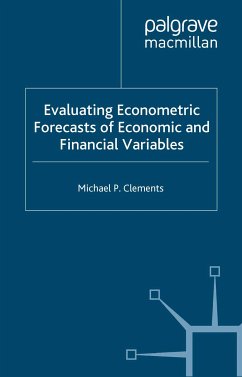
Evaluating Econometric Forecasts of Economic and Financial Variables (eBook, PDF)
Versandkostenfrei!
Sofort per Download lieferbar
72,95 €
inkl. MwSt.
Weitere Ausgaben:

PAYBACK Punkte
36 °P sammeln!
Financial econometrics is one of the greatest on-going success stories of recent decades, as it has become one of the most active areas of research in econometrics. In this book, Michael Clements presents a clear and logical explanation of the key concepts and ideas of forecasts of economic and financial variables. He shows that forecasts of the single most likely outcome of an economic and financial variable are of limited value. Forecasts that provide more information on the expected likely ranges of outcomes are more relevant. This book provides a comprehensive treatment of the evaluation o...
Financial econometrics is one of the greatest on-going success stories of recent decades, as it has become one of the most active areas of research in econometrics. In this book, Michael Clements presents a clear and logical explanation of the key concepts and ideas of forecasts of economic and financial variables. He shows that forecasts of the single most likely outcome of an economic and financial variable are of limited value. Forecasts that provide more information on the expected likely ranges of outcomes are more relevant. This book provides a comprehensive treatment of the evaluation of different types of forecasts and draws out the parallels between the different approaches. It describes the methods of evaluating these more complex forecasts which provide a fuller description of the range of possible future outcomes.
Dieser Download kann aus rechtlichen Gründen nur mit Rechnungsadresse in A, B, BG, CY, CZ, D, DK, EW, E, FIN, F, GR, HR, H, IRL, I, LT, L, LR, M, NL, PL, P, R, S, SLO, SK ausgeliefert werden.




